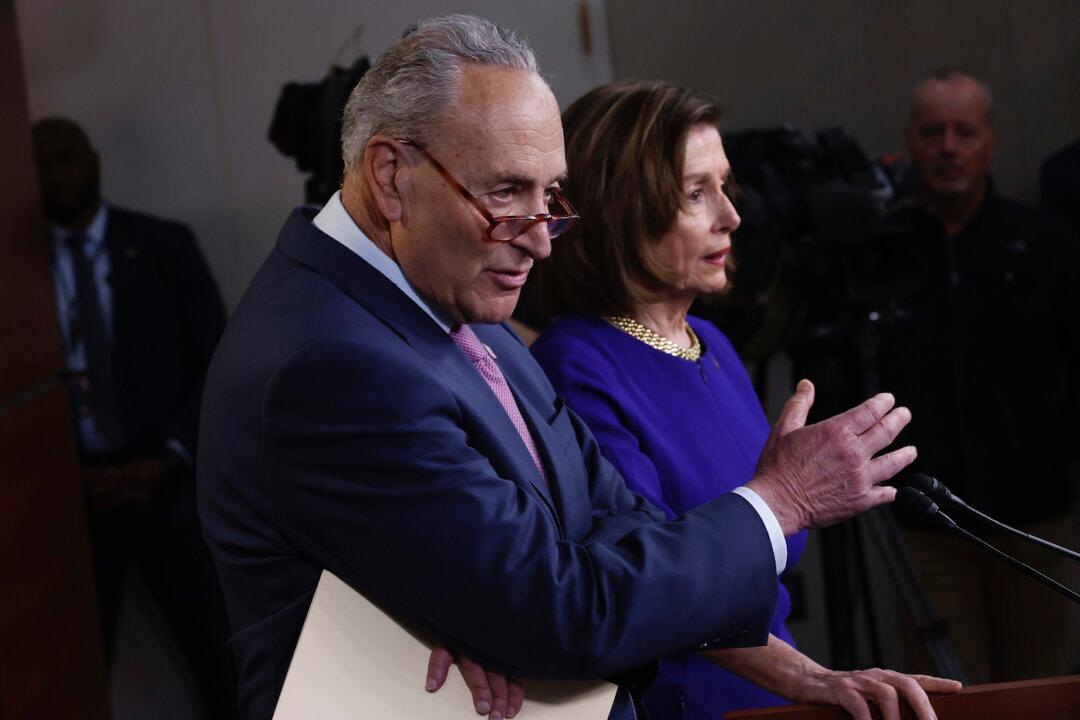A $33 billion aid package to Ukraine that President Joe Biden asked Congress to pass could face hurdles over efforts to tie the bill together with an unrelated $10 billion COVID package.
Biden’s April 28 request includes $20.4 billion in military assistance along with $8.5 billion in economic assistance. The package also includes $3 billion in humanitarian assistance to address food shortages around the globe.





